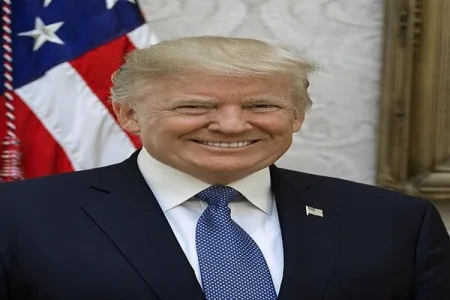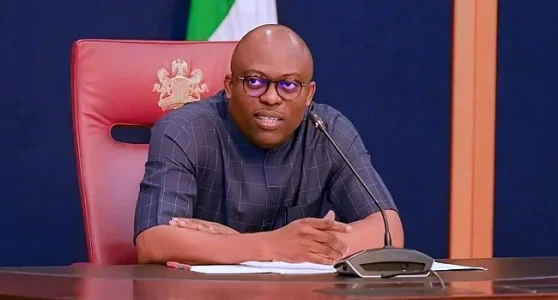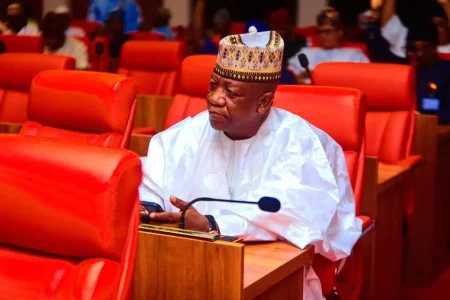
The US Supreme Court ruled that former President Trump is immune from prosecution for official acts, leaving lower courts to determine the specifics of his actions. This decision delays potential trials and raises questions about presidential legal accountability.
In a landmark decision, the US Supreme Court has ruled that former President Donald Trump is immune from prosecution for actions taken during his official duties. The court’s 6-3 decision clarified that while former presidents are protected from legal consequences for their official acts, this immunity does not extend to actions outside their official capacity.
Chief Justice John Roberts, writing for the majority, stated that Trump's claim of immunity was overly broad and beyond the court's previous interpretations. Roberts was supported by the five other conservative justices, while the three liberal justices dissented.
The ruling does not definitively categorize Trump's actions as official or unofficial, instead referring this determination back to lower courts. This decision delays potential legal proceedings against Trump, especially in the case brought by special counsel Jack Smith, making it unlikely that any trial will occur before the November 2024 election.
If Trump is re-elected, he could appoint an attorney general to dismiss this and other federal cases against him. He may also attempt to pardon himself if he returns to office. The case stems from Trump's attempts to dismiss charges related to his alleged efforts to interfere with the 2020 election results. Lower courts previously ruled that Trump could not claim immunity for these actions.
In addition to this case, Trump faces multiple legal challenges. Earlier this month, he was convicted in New York of falsifying business records related to a hush money payment to Stormy Daniels before the 2016 election.
The Supreme Court's decision introduces significant implications for the prosecution of former presidents, raising questions about the extent of legal accountability for official and unofficial acts.




